Iranian political prisoner attempts suicide after denied medical care

Khaled Pirzadeh, a political prisoner and former bodybuilding champion, has attempted suicide after being denied medical care at Tehran's Evin prison.

Khaled Pirzadeh, a political prisoner and former bodybuilding champion, has attempted suicide after being denied medical care at Tehran's Evin prison.
Pirzadeh's suicide attempt occurred shortly after he released an audio message from prison, in which he accused authorities of depriving him of essential medications, including those for seizures and asthma.
He also noted that his sciatica pain had worsened significantly due to the lack of treatment.
An Instagram account associated with Pirzadeh reported that after his suicide attempt, he was taken to a hospital, where his wounds were stitched, before being sent back to prison.
In January last year, Pirzadeh was sentenced to a total of five years for “assembly and collusion against national security” and an additional eight months for “propaganda against the regime.”
Last year, the US-based Human Rights Activists News Agency (HRANA) published a report which said that inmates in Ward Four of Evin Prison were suffering from severe overcrowding, abysmal hygiene, and hunger, most of whom were political detainees.
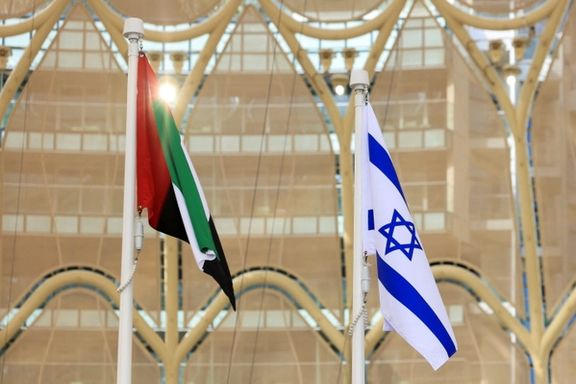
Iran-backed operatives attempted to lure an Israeli businessman to the United Arab Emirates, Israel's National Security Council said on Tuesday, weeks after an Israeli rabbi was killed there.
According to the NSC statement issued in Hebrew, the operatives introduced themselves as journalists from the Persian edition of Al Arabiya -- the Saudi-owned media network with a presence in Dubai.
The Iranian agents, the statement read, reached out to the Israeli businessman via Telegram, inviting him for an interview on the topic of Iran for the news channel.
The team then attempted to plant malicious software on the Israeli man's device through links, "designed to grant them access to his mobile phone without his knowledge."
The businessman, suspicious about the messages, reported the account to security services leading to an investigation.
"The characteristics of the conversation and the invitation to conduct an 'interview' on the subject of the Iranian regime indicate that indeed Iranian terror elements are behind the approach. In fact, this was an attempt to lure the Israeli to Dubai with the intent to harm him," the NSC statement said.
This incident comes less than two months since Chabad emissary Zvi Kogan was murdered in the UAE, who Israel says was murdered in "antisemitic act of terror."
Kogan’s body was found near the Omani border.
Three Uzbek citizens have since been arrested in connection with the case, with UAE authorities saying they will take "take the necessary measures to uncover the details, circumstances, and motives of the incident."
In 2020, Jamshid Sharmahd was kidnapped by Iranian operatives from Dubai and forcibly taken to Iran via Oman. He was sentenced to death and executed in what Amnesty called a "grossly unfair trial" in 2023. Iran accused him of being the leader of a pro-monarchist terrorist group. Sharmahd and his family denied the claim. Amnesty International said he faced a grossly unfair trial based on forced “confessions", held in solitary confinement since 2020.
In 2013, Iranian intelligence agents are believed to have kidnapped British-Iranian businessman Abbas Yazdi from the car park of his Dubai company.
Israel saw a record surge last year in Iran-backed plots, rising by 400% in the wake of the Gaza war.
“During the year, 13 serious espionage affairs by Israelis were exposed and thwarted for the Iranian intelligence agencies, and serious indictments were filed against 27 Israelis,” a statement from Israel’s security agency Shin Bet said.
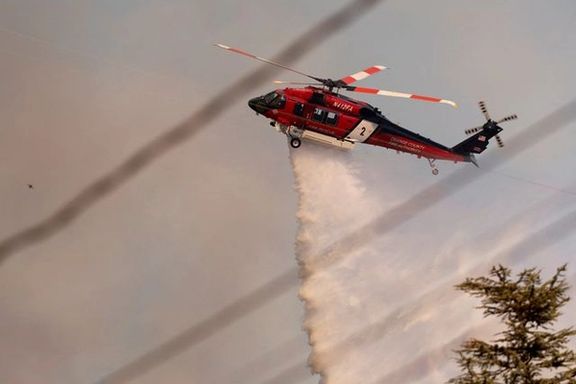
The head of Iran's Red Crescent Society said that the United States requested financial assistance from Iran to combat the wildfires ravaging California.
"The US has announced that it does not need rescue teams to contain the fire and has only requested financial aid, which demonstrates their weakness and humiliation," Pirhossein Kolivand told local reporters on Tuesday.
Iran's government on Saturday expressed its preparedness to help the authorities in the United States contain the ongoing fires in California, according to the spokeswoman for the Pezeshkian administration.
Kolivand did not specify how the alleged request for financial assistance was communicated, given that the two countries have no formal diplomatic relations.
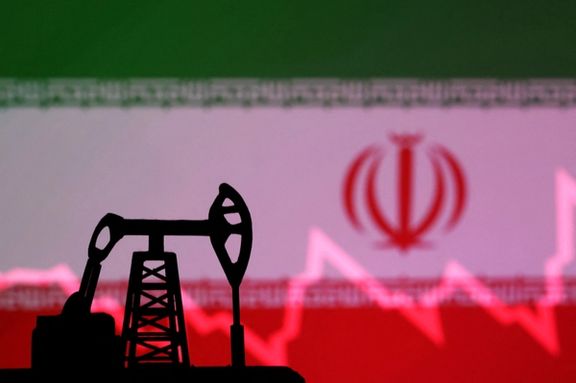
Chinese state oil companies and major private refiners are rushing to secure crude supplies as tighter sanctions on Iran and Russia threaten to disrupt near-term oil flows, Bloomberg reported on Tuesday.
According to traders cited by Bloomberg, companies such as Cnooc, Shandong Yulong Petrochemical Co, and Jiangsu Eastern Shenghong Co are urgently seeking crude, focusing on multiple grades from the Middle East, Africa, and the Americas. February cargoes are particularly in demand as refiners prepare for potential supply disruptions.
Smaller private refiners, known as "teapots", primarily based in Shandong province, are especially reliant on discounted crude from Iran and Russia. These refiners, already struggling with declining margins, may be forced to cut processing rates and fuel output if they lose access to these supplies.
Last Friday, the US Treasury sanctioned several vessels involved in transporting Iranian oil as part of a broader crackdown on Russia's network of ships used to evade US-led energy sanctions.
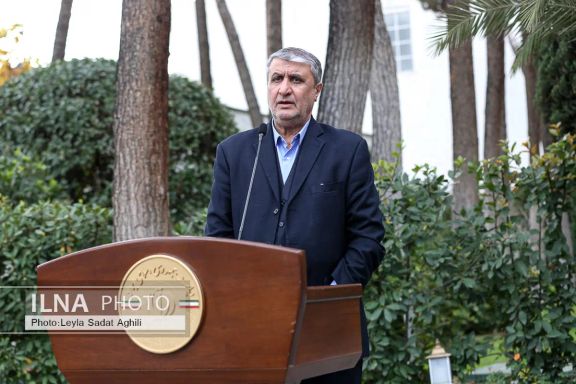
Thousands of workers are currently involved in constructing the second and third units of the Bushehr nuclear power plant in southern Iran, the country's atomic energy chief announced on Monday.
"Currently, 5,000 people are involved in the construction of the two new units," Mohammad Eslami said during a visit to the site, adding, "Their efforts are ensuring the project progresses with good discipline and speed."
Eslami claimed that lessons learned from work on the second unit have helped accelerate progress on the third.
Located in Bushehr province, Iran's first commercial nuclear energy facility sits along the Persian Gulf.
The official also asserted that the project had recently achieved a record by pouring an enormous amount of concrete in one day, specifically 22,000 cubic meters. "Next year, we aim to ramp up our daily concrete pouring to 65,000 cubic meters to keep the project's momentum going," Eslami added.
Eslami was previously sanctioned by the United Nations in 2008 while he was the head of Iran's Defense Industries Training and Research Institute, for his involvement in "Iran's proliferation of sensitive nuclear activities or for the development of nuclear weapon delivery systems."
In February last year, Ahmad Mohammadizadeh, the governor of Bushehr, disclosed that the Islamic Revolutionary Guard Corps (IRGC) was undertaking a new expansion of the Bushehr nuclear power plant. This revelation followed a day after Rafael Grossi, the head of the UN's nuclear watchdog, commented that Iran was "not entirely transparent" regarding its nuclear activities.
Speaking about the the work to expand the nuclear plant, Eslami pointed to the use of domestically manufactured equipment and detailed the technical challenges of stabilizing the reactors' foundations. "We have completed 34,000 rod injections to reinforce the foundation beneath the reactor buildings," he said.
In addition to the reactors, Eslami said work is ongoing on supporting infrastructure, including power transmission systems and water intake facilities.
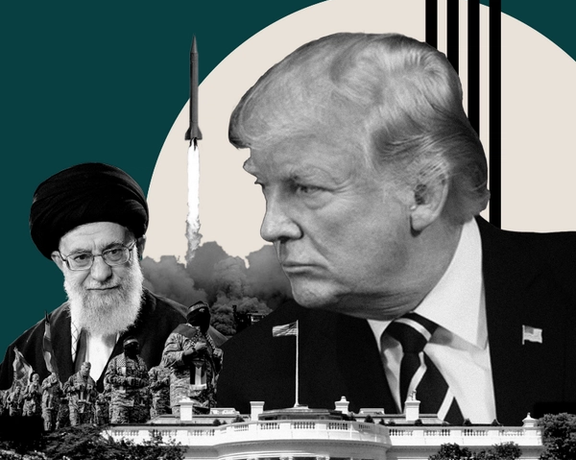
Donald Trump should threaten Iran with military force if it continues to advance its nuclear program, advocacy group United Against Nuclear Iran (UANI) said in a report on Monday.
The recommendation by the hawkish privately funded group founded by former diplomats was one of several broad policy proposals for the incoming administration to confront and weaken Washington's main adversary in the Middle East.
"President-elect Trump should use (a) policy speech to publicly outline in unambiguous terms that the U.S. will not hesitate to utilize military force to destroy Iran’s nuclear program if it takes steps to further advance its capabilities," UANI said in its report.
The UN nuclear watchdog said in December that Iran is accelerating its enrichment of uranium to up to 60% purity, closer to the roughly 90% level needed for a weapon.
Tehran has denied pursuing nuclear weapons, saying its program is peaceful.
UANI also recommended Trump empower Israel to be able to hit Iran's nuclear sites.
"Begin discussions with the Israeli government to transfer the GBU-57 Massive Ordnance Penetrator to Israel to enable it strike hardened nuclear targets like the Fordow Enrichment Plant, as well as lease it a B-2 bomber as a delivery vehicle."
Israel knocked out much of Iran's air defenses in an Oct. 26 series of air strikes as retaliation against an Iranian ballistic missile salvo, but its ability to neutralize Iran's nuclear activity in deep underground facilities is in doubt.
Citing Trump's 2020 decision to assassinate in Baghdad Qassem Soleimani, the chief of the Islamic Revolutionary Guard Corps's (IRGC) foreign arm the Quds force, UANI said Trump should target commanders inside Iran if Tehran harms US nationals.
"Strike IRGC commanders, Quds Force, and Intelligence Ministry assets inside Iran if the Islamic Republic harms US persons," it wrote.
The group sketched out further recommendations including encouraging defections from Iran's security forces, tightening sanctions including on Iran's Supreme Leader Ali Khamenei, carry out cyber-attacks and encourage allies to shutter Iranian banks.